
A Tribute to Ratan Naval Tata!
Ratan Naval Tata, a name synonymous with integrity, leadership, and philanthropy, has not only led the Tata Group through some of the most transformative years in its history but has also been a guiding force in shaping Ratan Tata Indian industry. As Chairman Emeritus of Tata Sons, Ratan Tata’s visionary leadership steered the group into the global arena while maintaining a deep commitment to the values of the Tata family. Here’s a tribute to the man who personified grace under pressure, expanded India’s industrial reach, and became a shining example of ethical business leadership.
Inheriting a Legacy: The Quiet Rise
Born into the illustrious Tata family, Ratan Tata was the natural heir to a legacy built on the foundations of integrity, innovation, and philanthropy. Raised under the shadow of J.R.D. Tata—an icon in his own right—Ratan’s journey was one of humility and quiet determination. Unlike the boisterous rise of many industrial leaders, Ratan’s ascent to the top was calm yet calculated.
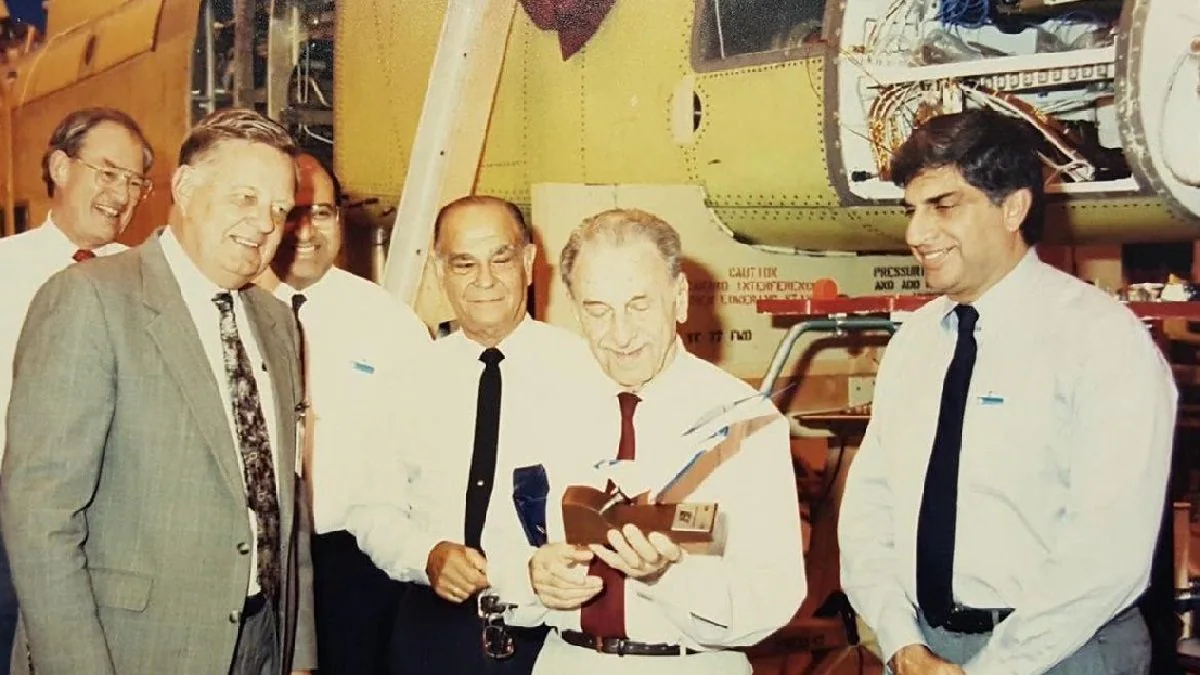
Image Credits: https://www.news18.com/
When he took over Tata Sons in 1991, the group was an empire of over 100 companies with autonomous leaders. J.R.D. had fostered the growth of powerful figures like Russi Mody in Tata Steel, Darbari Seth in Tata Chemicals, and Ajit Kerkar in Indian Hotels. Yet, Ratan’s mission was clear: to bring cohesiveness and strengthen the group’s central identity.
Navigating Change: Steering Through Resistance
Ratan Tata’s rise was not without its challenges. The introduction of a forgotten Tata Group retirement policy—requiring directors over the age of 75 to resign—was met with strong resistance from senior stalwarts like Russi Mody, Darbari Seth, and Ajit Kerkar. Each of these men had contributed enormously to the success of their respective companies, but Ratan knew that change was inevitable if the group was to survive in a rapidly globalizing world.
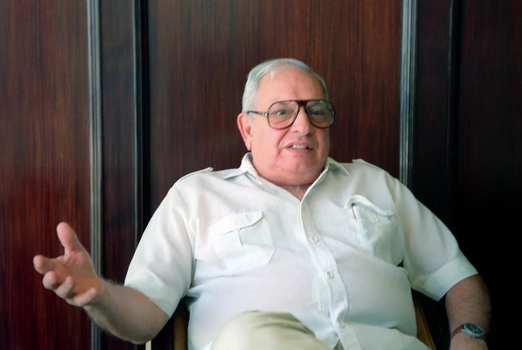
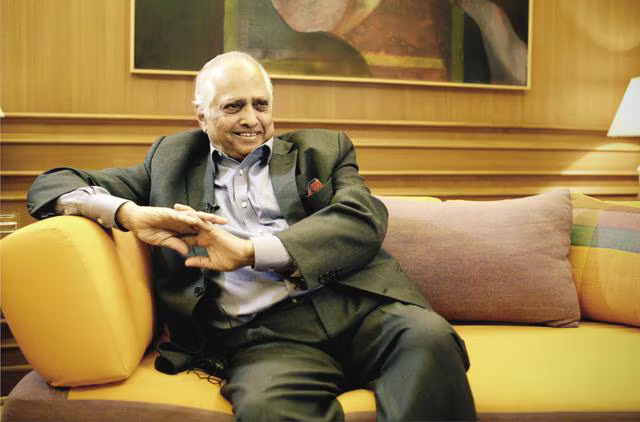
Image Credits: https://timescontent.timesgroup.com/ ImageCredits:https://www.hindustantimes.com/
Russi Mody, a legendary figure at Tata Steel, resisted Tata’s attempts to modernize and consolidate control. However, Ratan stuck to his principles, using the retirement policy to initiate change. Mody’s departure marked the end of an era but the beginning of a new chapter for Tata Steel, one that would be driven by Ratan’s vision.
Darbari Seth, with his stronghold in Tata Chemicals, was another who found the winds of change uncomfortable. Though Seth’s legacy was honored, Ratan ensured that the group’s unity and identity prevailed.
Finally, Ajit Kerkar, a formidable figure in Indian Hotels, also faced the same fate as Mody and Seth. Kerkar resisted at first but eventually had to step down, giving Ratan the reins to steer the future of the group towards greater integration.
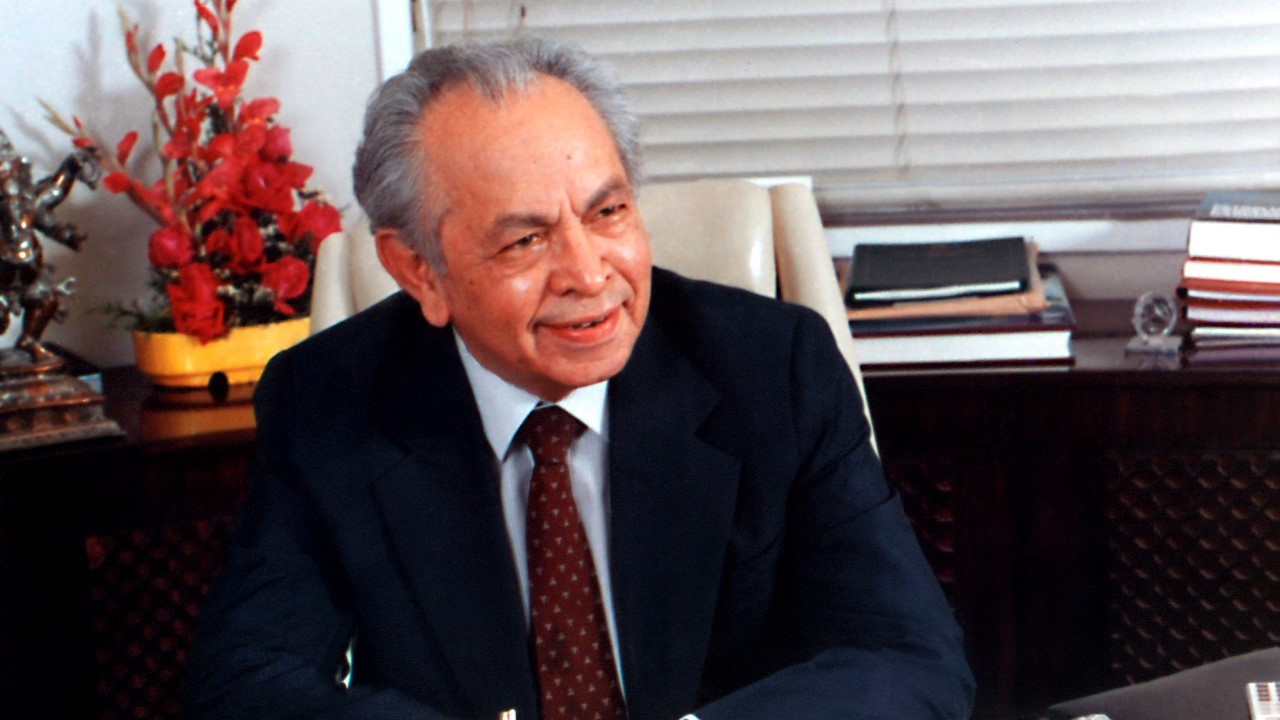
Image Credits:Linkedin/ Harish Bhat
Global Ambitions: The Dawn of Globalization
Ratan Tata’s leadership wasn’t just about consolidating control; it was about expanding horizons. As India began liberalizing its economy in the 1990s, Tata saw the opportunity to push the group beyond domestic boundaries and into the global market.
The acquisition of Tetley Tea in 2000 was the first bold step in this direction, marking Tata’s entry into the international business arena. But Ratan was not content with just one victory. His next ambitious move was the acquisition of Corus Steel, a larger-than-life deal that tested the group’s resolve. While the Corus acquisition did not deliver the expected returns and was later deemed an “aspirational mistake,” it didn’t deter Ratan from pursuing bigger goals.

Image Credits: Linkedin/Anjal Agrawal
In 2008, Tata Motors made global headlines with the acquisition of two of the most iconic British automobile brands—Jaguar and Land Rover (JLR). Unlike Corus, JLR became a resounding success, turning into a profitable venture and positioning Tata Motors as a global player in the luxury car market. Ratan’s vision for JLR redefined India’s role on the global automotive stage.
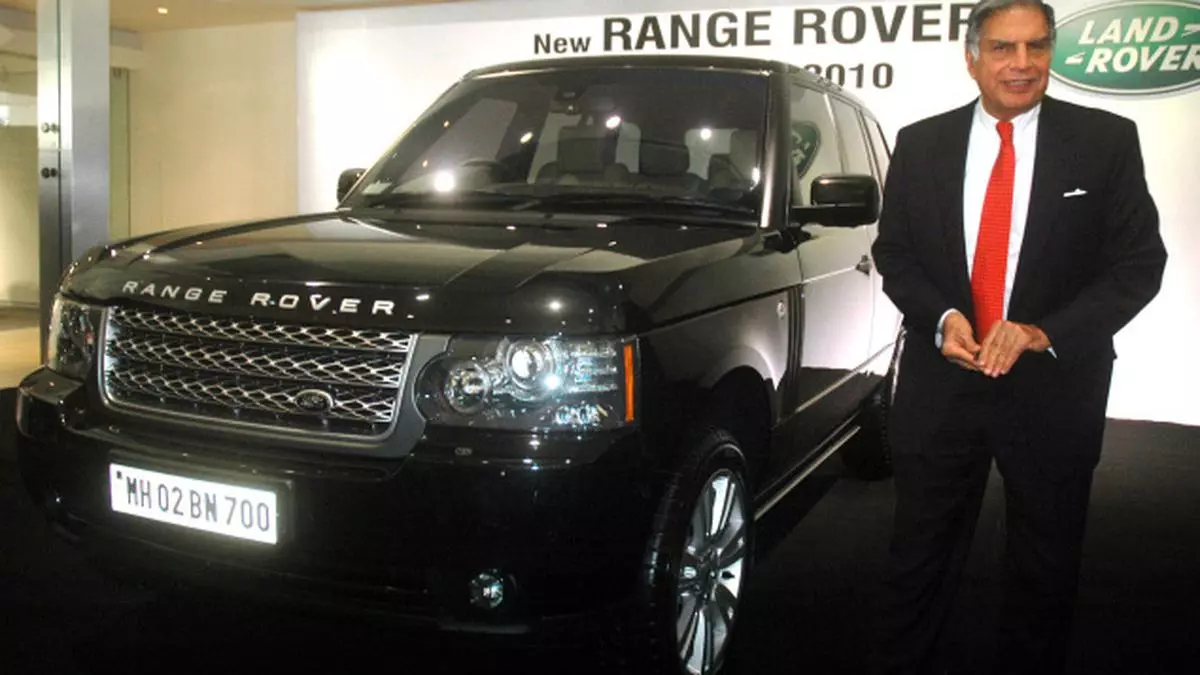
Image Credits:https:https://www.moneycontrol.com/
Consolidating at Home: Strengthening the Tata Group
While Ratan Tata was expanding the group’s international presence, he never lost sight of the importance of reinforcing its foundations at home. During his tenure, Tata Sons increased its stake in key companies such as Tata Steel, where historically, the Birlas had held more equity than the Tatas. His relentless focus on consolidating the group’s stake ensured that Tata’s interests remained protected and primed for growth.
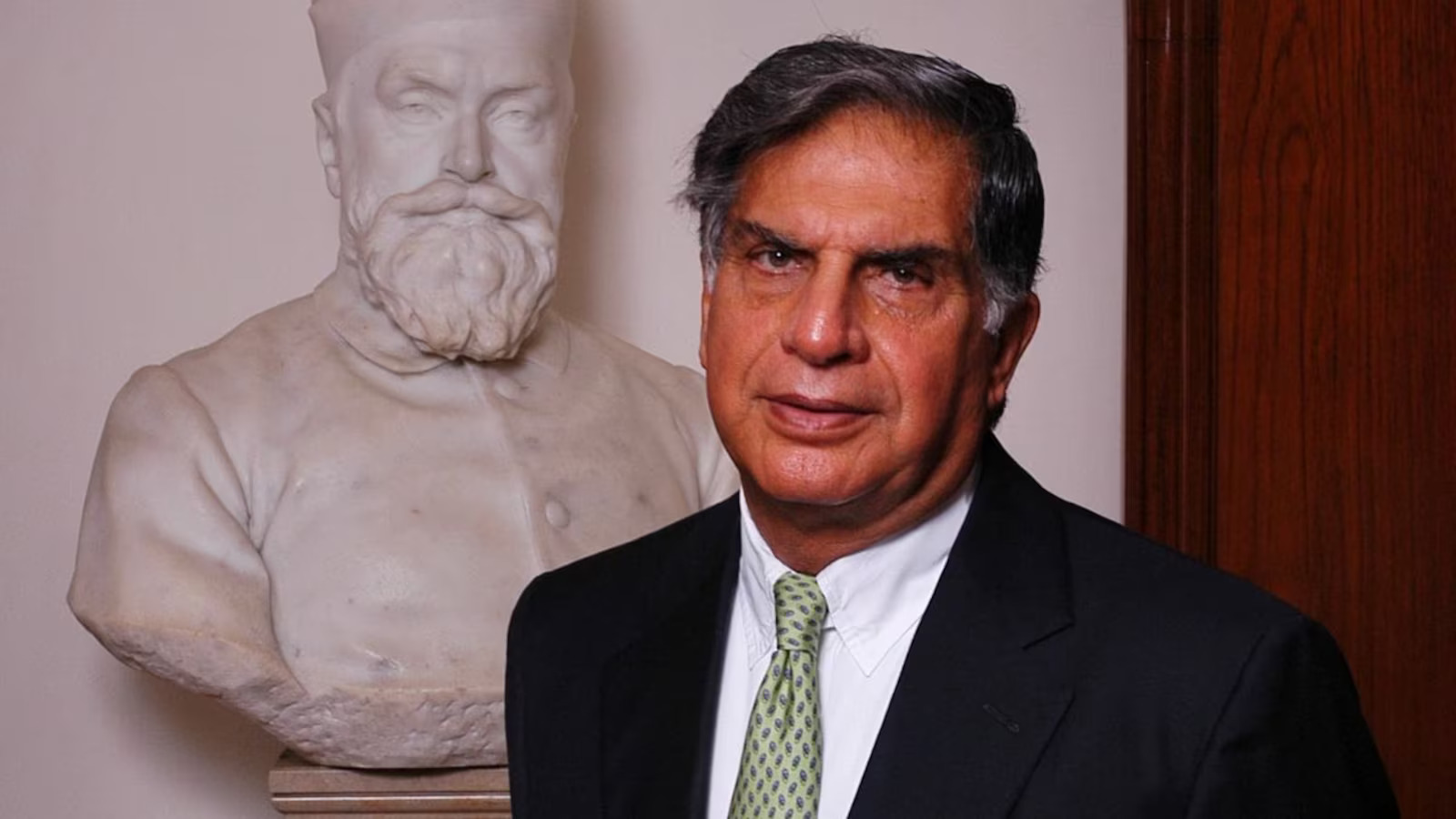
Image Credits:https:https://www.moneycontrol.com/
Under Ratan’s leadership, Tata companies went through multiple expansions, acquisitions, and investments. The group’s turnover surged, and market capitalization rose exponentially, transforming Tata into one of India’s—and the world’s—most respected conglomerates.
Philanthropy and Beyond: A Heart for India
One of the most defining traits of Ratan Tata’s leadership was his deep commitment to philanthropy. Conferred with the Padma Vibhushan, India’s second-highest civilian honor, Ratan has always believed that the role of business is not just to generate profit but also to uplift society. His philanthropic efforts through the Tata Trusts have touched millions of lives, funding education, healthcare, clean drinking water, and rural development.
Even after stepping down as chairman in 2012, Ratan continued to give back to society. His investments in Indian startups—Paytm, Ola Electric, Urban Company, among others—showed his belief in the power of innovation and entrepreneurship to change the country’s future.
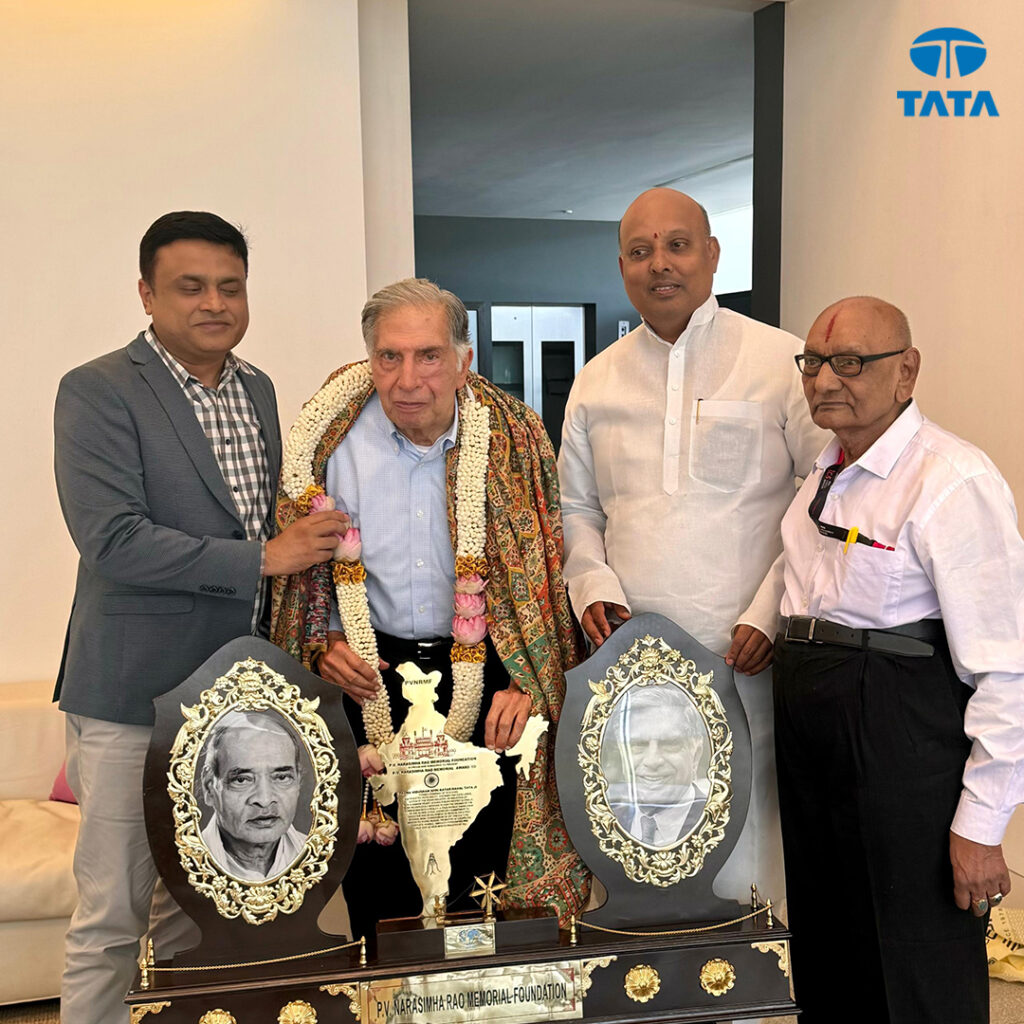
Image Credits: minientertain.com
A Legacy for the Future
When Ratan Tata retired as chairman in 2012 at the age of 75, he handed over the reins to Cyrus Mistry, the first non-Tata to lead the group. While the transition was marked by its own challenges, Ratan Tata’s influence remained steadfast. In his twilight years, he became an advisor and mentor to the new generation of entrepreneurs, continuing to inspire with his humility and foresight.
Today, as the Chairman Emeritus of Tata Sons, Ratan Naval Tata’s legacy transcends the boardrooms and businesses he once led. He remains a beacon of hope, wisdom, and integrity, not just for the Tata Group but for all of India Inc.
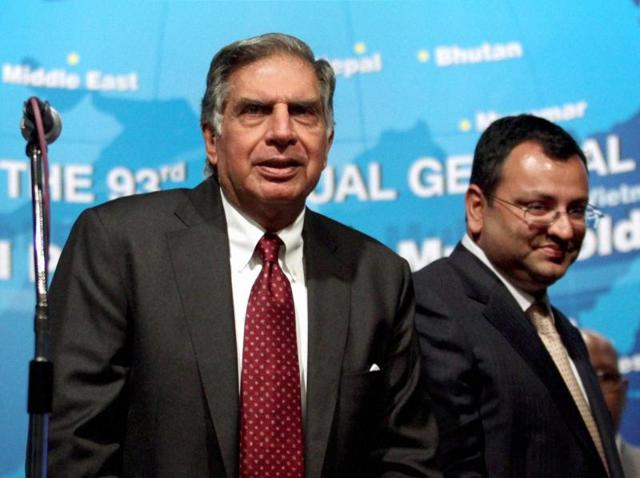
Image Credits:https:hindustantimes.com
The Man Who Dreamed Bigger
Ratan Tata’s life and career are a testament to the power of quiet determination, ethical leadership, and boundless ambition. He didn’t just lead a business; he built an empire with a conscience. Through trials and triumphs, Ratan has been a beacon for those who dare to dream of a better future—one where business is not just a pursuit of profit, but a means to enrich humanity.
Ratan Tata is not just an industrialist; he is India’s Dream Merchant, showing the world that success is built not just on financial gains but on a foundation of values, trust, and service to others.
In Ratan Tata, India found not just a leader but a true visionary—one who transformed the Tata Group into a global powerhouse while staying deeply rooted in the ethos of compassion and community. As we pay tribute to this living legend, we honor his contributions to the world of business and beyond, celebrating a life dedicated to making the world a better place.
IS360 Can be Reached at
Sharing is caring!

